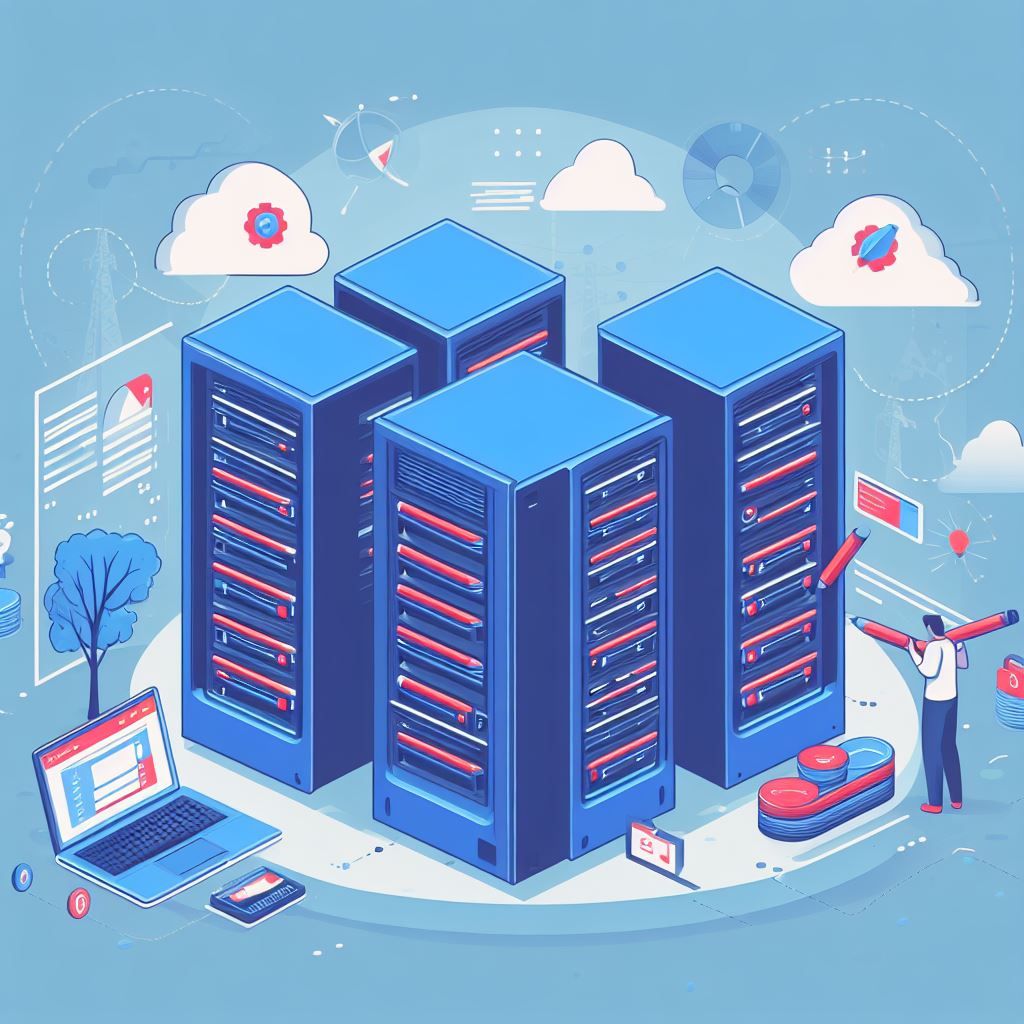The Role of Content Management Systems in Website Development on Dedicated Servers

Content Management Systems (CMS) play a crucial role in website development, especially when hosted on dedicated servers. Here are some key points to consider:
- Efficient Content Handling: CMS allows easy creation, modification, and management of digital content. It provides an intuitive interface for non-technical users to add and edit content without needing extensive coding knowledge.
- Streamlined Workflow: CMS systems often have features for workflow management. This means that multiple users can collaborate on content creation, editing, and publishing, ensuring a seamless process.
- Template-based Design: CMS platforms use templates that separate content from design. This enables developers to create consistent layouts and styles across the website. With dedicated servers, you have the resources needed for dynamic and complex websites.
- Plugin and Extension Ecosystem: Most CMS platforms have a vast ecosystem of plugins and extensions. These can add functionality ranging from SEO optimization to e-commerce capabilities. Dedicated servers provide the resources required to handle these extensions efficiently.
- Database Management: CMS typically utilize databases to store content, user information, and other data. Dedicated servers offer the performance needed to handle large databases, ensuring quick retrieval and storage of information.
- Security and Control: Hosting a CMS on a dedicated server provides a higher level of security compared to shared hosting. You have full control over the server environment, allowing for custom security configurations and the ability to implement security measures specific to your website's needs.
- Scalability: As your website grows, you might need more resources. Dedicated servers can be scaled up to accommodate increased traffic, data storage, and processing requirements.
- Performance Optimization: Dedicated servers offer higher performance levels compared to shared hosting. This can lead to faster page loading times, improved user experience, and better search engine rankings.
- Customization and Flexibility: With a dedicated server, you have the freedom to configure the server environment to suit your specific needs. This includes choosing the operating system, software stack, and other components required to run your CMS efficiently.
- Data Backups and Recovery: CMS platforms often have built-in tools for data backup and recovery. When hosted on a dedicated server, you have full control over the backup process, allowing you to implement robust backup strategies.
- Compliance and Regulatory Requirements: For websites that handle sensitive information or need to adhere to specific compliance standards (e.g., HIPAA, GDPR), hosting on a dedicated server can offer more control over security measures and compliance protocols.
In summary, hosting a CMS on a dedicated server provides a robust and flexible environment for website development. It offers the control, performance, and security needed to handle complex websites efficiently. However, it's important to note that managing a dedicated server requires technical expertise or the assistance of a hosting provider.



